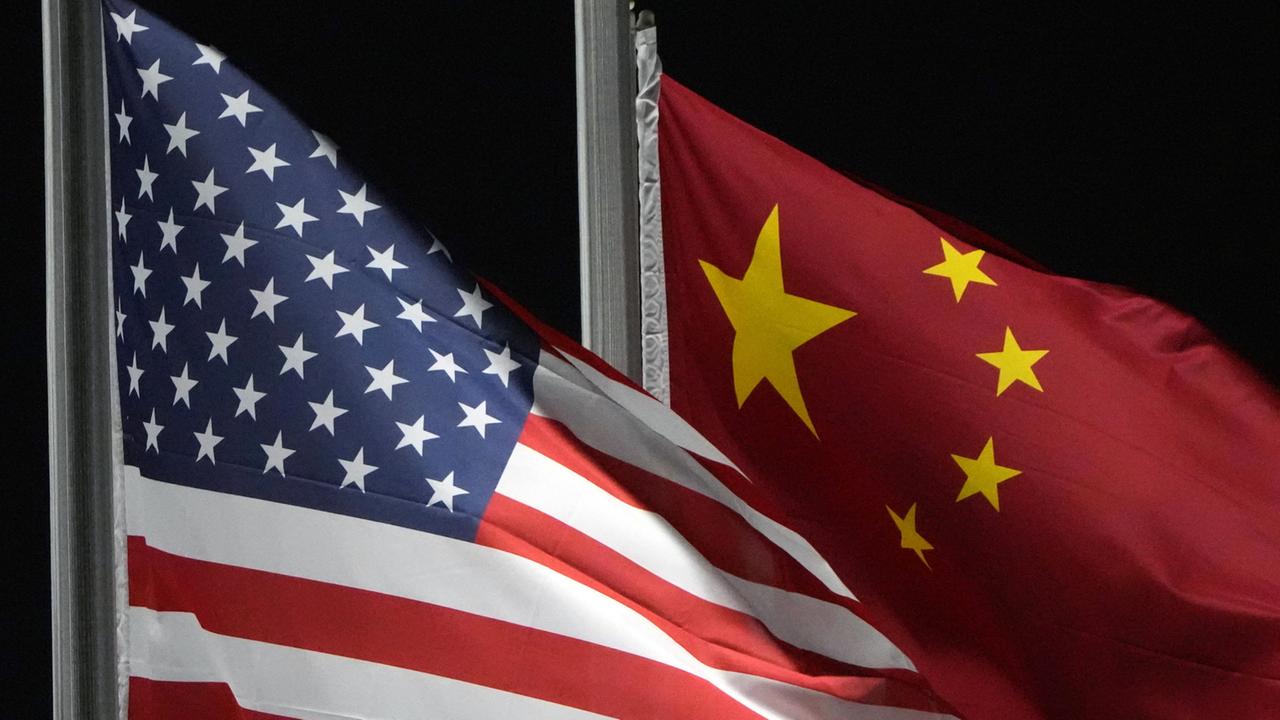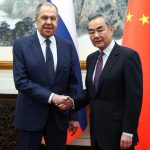The USA and China are fighting bitterly for global economic supremacy. Competition and mistrust are particularly high in key industries. Nevertheless, the US government is also committed to rapprochement.
Deep in the south of the USA, in Norcross, Georgia, President Joe Biden's government has a die-hard fan: Matt Card, the head of the solar company Suniva. The United States, he says, was once a world leader in the solar industry. And he is deeply grateful to this administration and Congress for creating tax incentives that will make the United States the leader in this area again, Card said last week when Treasury Secretary Janet Yellen visited the company.
Suniva, a manufacturer of solar cells, filed for bankruptcy seven years ago, partly because the company could not keep up with cheaper offers from China. Now, in the spring, it wants to start producing again – thanks to support from Biden's anti-inflation law.
Inflation Reduction Act reaches its limits
Joe Biden's government is spending a lot of money to make the USA independent of the import of important future technologies – especially from China. But despite all the subsidies, it's not that easy. “Chinese overcapacity is distorting global prices and production patterns, harming businesses and workers in the United States and around the world,” Treasury Secretary Yellen said during a visit to Suniva.
In the past, this was the case with steel and aluminum. The Chinese government created excess capacity through its subsidies, which was then exported abroad. The build-up of this excess capacity can now be observed in new industries such as solar energy, electric cars and lithium-ion batteries.
Yellen and President Biden are calling for what they call “competition on an equal footing” from China. The “unfair practices” must come to an end; they are not good for China either. That is the message that Yellen took with her on her trip to China.
The US electric car industry is also in crisis
Sales of electric cars are currently causing concern in the USA. After an initial boom, the share of electric cars is stuck at around seven percent. The long-time market leader Tesla sold fewer cars in the first quarter and allegedly canceled its plans to build a low-cost electric car – even though its competition from China already has such vehicles on offer.
Paul Triolo from the Center for Strategic and International Studies (CSIS) therefore expects new tariffs in the USA: “We will probably see higher tariffs, especially for electric cars. Because years of subsidies have given Chinese companies a big advantage,” said Triolo in Channel CNBC.
Striving for a better relationship with China
This could worsen the mood between the two economic powers again – just like the dispute over the TikTok platform. The House of Representatives has just passed a law that will force the Chinese owner of Tiktok to sell the app.
Behind this lies a deep mistrust of the Chinese government and concern for national security – a big issue for President Biden too. He just told President Xi Jinping on the phone that he would continue to block China's access to US technologies if national security was threatened.
But Biden wants to keep the channels open and expand them. This includes the phone call with Xi as well as Yellen's multi-day visit to China. Nobody wants to decouple China and the USA, Yellen said before her departure, both would benefit from trade and investment – on fair terms.
Katrin Brand, ARD Washington, tagesschau, April 6, 2024 10:48 a.m




